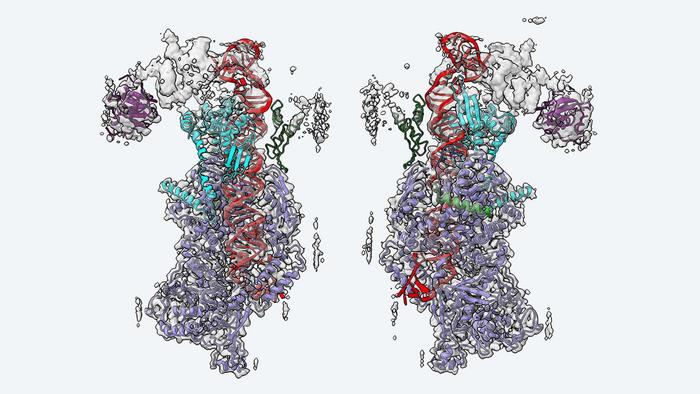 Knee Point Prediction And Battery Capacity Degradation
Knee Point Prediction And Battery Capacity DegradationElectric cars and solar and wind energy alternative schemes have a few crippling limitations; low...
 MicroRNA And The Microprocessor Inside You
MicroRNA And The Microprocessor Inside YouSince being discovered in 1993, microRNAs have gone on to win a Nobel Prize in Physiology or Medicine...
 What Next For Messenger RNA (mRNA)? Maybe Inhalable Vaccines
What Next For Messenger RNA (mRNA)? Maybe Inhalable VaccinesNo one likes getting a needle but most want a vaccine. A new paper shows progress for messenger...
 Toward A Single Dose Smallpox And Mpox Vaccine With No Side Effects
Toward A Single Dose Smallpox And Mpox Vaccine With No Side EffectsAttorney Robert F. Kennedy Jr. and his US followers over the last 25 years have staunchly opposed...








